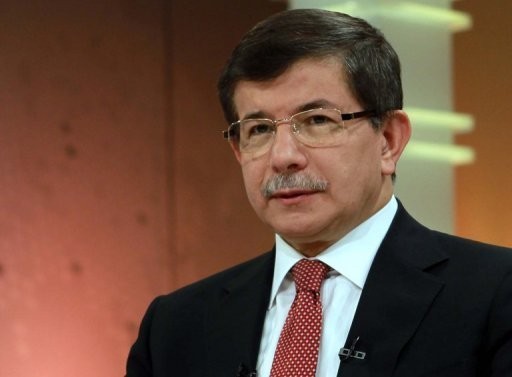Syria faces new challenges
(VOVworld) – Turkey on Monday accused Syria of opening fire on a second Turkish plane that was searching for the wreckage of a jet earlier shot down by Syria. The move has pushed the Syrian-Turkish relationship to a new level of dangerous intensity, with rirks for increased violence while the Syrian government is struggling with waves of instability inside the country.
Turkish Deputy Prime Minister Bulent Arinc has said that Syria’s shooting down Turkish F4 Jetfighter is a highly hostile action and Ankara will respond within the framework of international law. Bulent Arinc also added that in the next few days, Turkey will consider whether it should stop exporting electricity to Syria. Turkish Foreign Minister Ahmet Davutoglu said that the F-4 had been on a training flight to test Turkey's radar capabilities and not involved in any spying activities. Davutoglu added that Ankara will refrain from retaliation but is determnined to make the case public in the light of international law.
 |
| Davutoglu said in televised remarks Sunday that the F4 was unarmed and was fired on after it had left Syrian airspace. Photo: internet |
The move has not only adversely affected the relationship of two neighboring countries but has also become a pretext for western countries to increase political pressure on President Bashar Al Assad’s administration to further intervene into Syria. Despite the fact that Syria once again claimed that Damascus shot down the Turkish F-4 by accident and not in an act of aggression, NATO, of which Turkey is an ally, decided to convene an emergency meeting Tuesday to discuss the issue. The White House spokesperson Jay Carney affirmed his country will work with Turkey and other NATO allies to hold Syria "accountable" for what American officials have described as the deliberate downing of a Turkish military jet, apparently in international airspace. Earlier, US Secretary of State Hillary Clinton stated that Washington will work closely with Ankara to speed up the process of power transfer in Syria. Meanwhile, in another step to further isolate the Syrian government and force President Bashar Al Assad to step down, Foreign Ministers of 27 EU countries on Monday approved a new sanction on Syria, targeting Syrian ministries and state companies. This is the 16th round of EU sanctions on Syria since March of last year with a total of 129 people and 49 institutions of Bashar Al Assad’s regime blacklisted by the EU. Australia has just announced its new sanction on Syria which includes restrictions and and prohibitions of trade in oil, financial services, and telecommunications. Amid the complex developments related to Syria, Russian Deputy Foreign Minister Alexander Glushko has urged NATO not to use Turkey’s request to convene an emergency meeting to escalate tensions in Syria. Meanwhile, Syria’s ally Iran expressed its hope that the case will be correctly assessed and solved by a peaceful solution to ensure order and peace in the region. China has called on all concerned parties to keep calm.
As there have not been any solutions for rising tensions between the Syrian President Bashar All Assad’s administration and western countries, fights between Syrian security and the opposition forces have not cooled down. UK based Syrian Observatory for Human Rights reported that the past week has been one of the bloodiest in the Syrian crisis over the past 15 months. On Sunday alone, violence killed at least 34 people in Syria. Since March 2011, violence in Syria has claimed 15000 lives. At the moment, Syria is dealing with mounting pressure from western countries while struggling with its internal fights. The Syrian crisis, once pushed to a new level of danger, is expected to trigger conflicts across the Middle East.
Hong Van